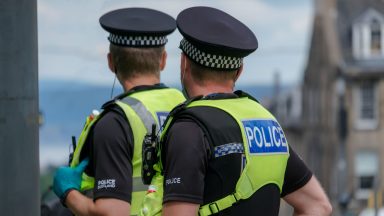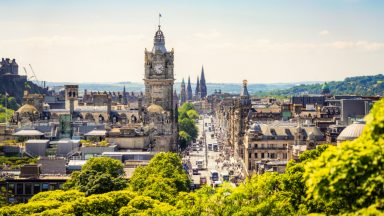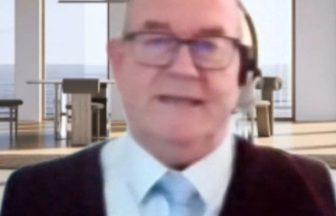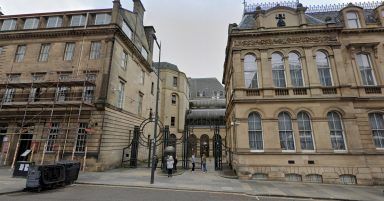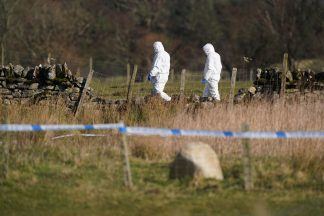Urban traffic congestion has fallen more significantly in the UK than in many other countries during the coronavirus pandemic, according to new figures.
Location technology firm TomTom said only four of the world’s 100 most gridlocked cities of 2020 were in the UK, compared with ten during 2019.
Congestion in UK cities fell by an average of 24%, due to the virus crisis leading to many people working from home and schools being closed.
During April, the first full month of a coronavirus lockdown, rush hour traffic was typically 78% lower than during the same month in 2019.
Edinburgh remained the UK’s most congested city, with average journeys last year taking 32% longer compared with free-flow conditions.
This was down nine percentage points during the previous 12 months, making it the 43rd most gridlocked city in the world out of 416 analysed.
Cities with less of a decline in traffic jams include Paris (down seven percentage points), Moscow (down five percentage points), Istanbul (down four percentage points) and Berlin (down two percentage points).
The UK’s second most congested city was London, with average journeys taking 31% longer due to traffic, followed by Hull (28%), Brighton and Hove (28%) and Belfast (26%).
Stephanie Leonard, TomTom’s head of traffic innovation and policy, said: “Early last year, we announced that congestion levels were rising in the UK, and the country was moving in the wrong direction, but then everything changed in March 2020.
“Driven by the global pandemic, the UK saw a massive drop in traffic levels.
“From lockdowns to closed borders, people movement changed and it changed very fast. Rush hour, once the bane of drivers and traffic planners, disappeared almost overnight as office workers set up their home offices.”
Ms Leonard added that UK roads would not “remain quiet forever”.
She went on: “As Covid-19 vaccines continue to be created and industrialised, we may see traffic levels shoot up again as people get back to work and back into old routines.
“Unless there’s a concerted and deliberate change in driver behaviour, supported by policymakers and employers, we’re unlikely to see a permanent end to the rush hour.
“That’s why we need action from UK city planners, policymakers, employers and drivers to ensure flexible working hours, working from home, and a smart approach to using traffic data to determine the best travel times.”
Follow STV News on WhatsApp
Scan the QR code on your mobile device for all the latest news from around the country


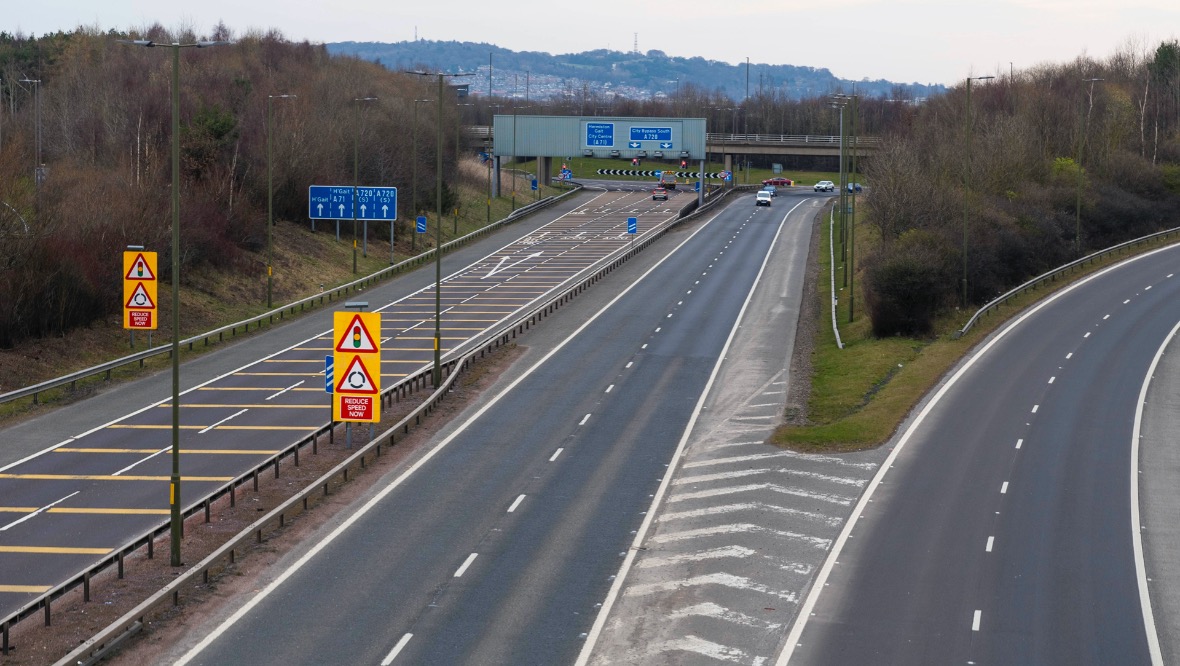 SNS Group
SNS Group















